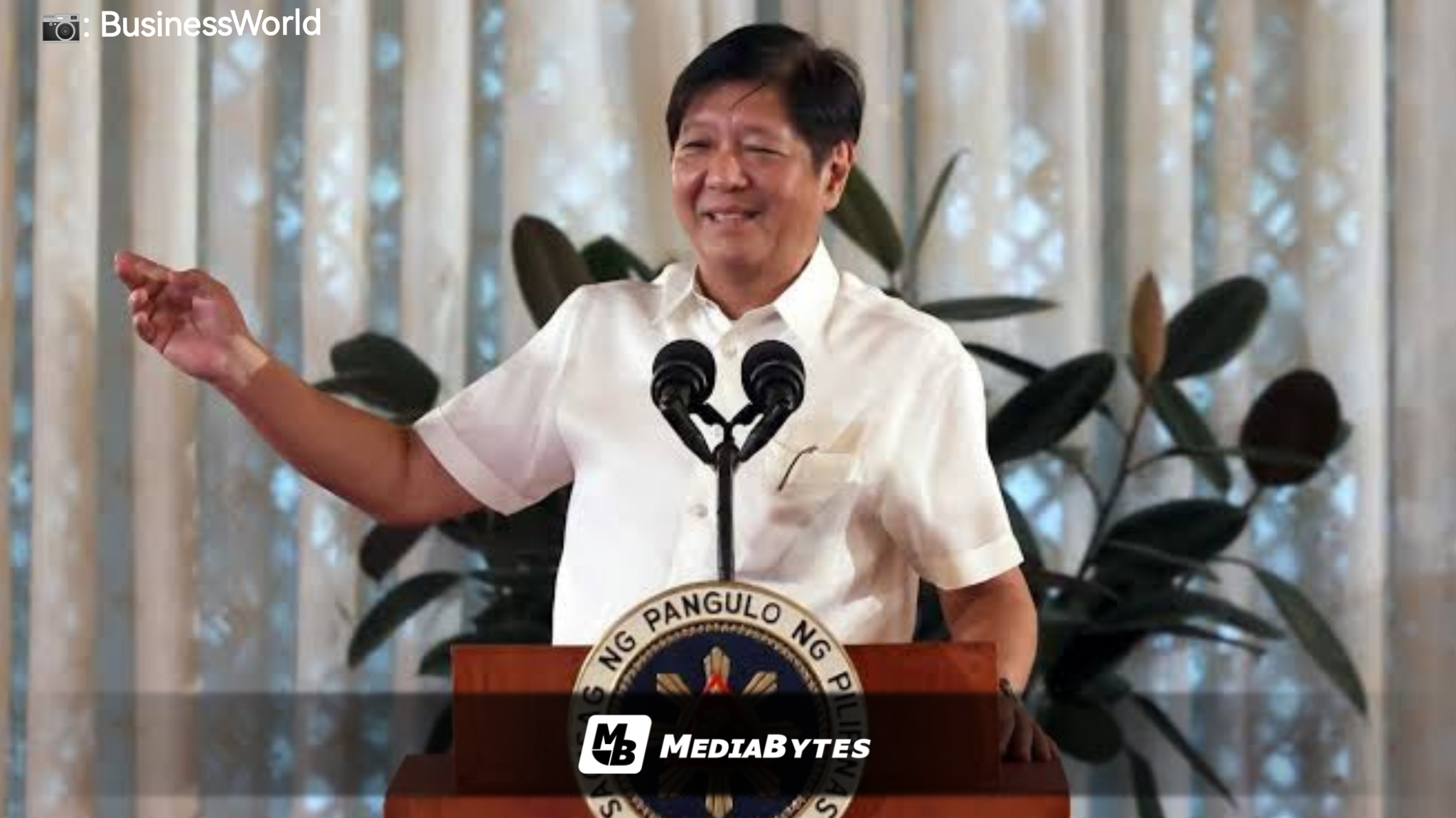
Three years into the presidency of Ferdinand “Bongbong” Marcos Jr., the Philippines remains locked in a difficult battle against corruption — a systemic problem that continues to challenge public trust, weaken institutions, and hamper national development.
While the administration has vowed to uphold transparency and good governance, recent controversies, slow-moving reforms, and limited high-profile convictions raise critical questions: Has corruption been truly addressed — or merely reshaped?
📉 A PERSISTENT PROBLEM
Despite promises of clean governance, the Philippines remains a low scorer in global corruption indexes:
- In the 2023 Corruption Perceptions Index by Transparency International, the Philippines scored 33 out of 100, ranking 116th out of 180 countries — unchanged from the previous year.
- Public trust in government institutions remains uneven, especially in agencies tied to infrastructure, agriculture, customs, and procurement.
🏛️ MARCOS JR.’S PROMISES AND EARLY MOVES
Upon assuming office in 2022, President Marcos Jr. emphasized good governance and a “rightsized” bureaucracy:
- He reorganized the Anti-Red Tape Authority (ARTA) and reinforced digitalization to reduce opportunities for corruption.
- His administration supported the full implementation of the Ease of Doing Business Act to streamline permits and reduce bribes.
- A more technocratic Cabinet was initially welcomed, with key economic and finance posts filled by career professionals.
⚠️ CONTROVERSIES AND CHALLENGES
Despite these efforts, corruption-related issues persisted:
- Procurement irregularities were flagged by the Commission on Audit (COA), including in public health and education projects.
- Agricultural smuggling remained rampant — prompting public outcry and Senate investigations that revealed potential collusion between officials and traders.
- Resignations of high-ranking officials, including in the Department of Agriculture and Sugar Regulatory Administration, were linked to alleged misuse of power or public funds.
- The PhilHealth corruption issues, carried over from previous administrations, remained unresolved despite continued budgetary support.
🧑⚖️ LACK OF HIGH-PROFILE CONVICTIONS
One of the administration’s key criticisms is the absence of landmark anti-corruption victories:
- No major graft cases have led to significant jail time for senior officials during Marcos Jr.’s first three years.
- Investigations tend to stall or fade from public attention, fueling skepticism about the administration’s political will.
🔍 REFORMS IN PROGRESS
The Marcos administration has taken some steps to enhance transparency:
- The government expanded the use of e-governance platforms, including e-procurement and digital payments.
- The Maharlika Investment Fund, while controversial, included commitments to “independent oversight” and auditing — though critics remain wary.
- The Civil Service Commission pushed for lifestyle checks and asset declarations, but enforcement remains weak.
📢 PUBLIC PERCEPTION
Surveys by Pulse Asia and Social Weather Stations showed that:
- Corruption remains one of the top concerns among Filipinos, particularly in connection to poverty and inflation.
- There is growing concern about a culture of impunity, where cases are investigated but not resolved.
Three years in, the fight against corruption under Marcos Jr. remains inconclusive. While digitalization and bureaucratic reforms are steps forward, the lack of high-profile accountability cases and recurring irregularities signal that structural change is still far from reality.
As the administration enters its second half, the Filipino people await not just promises — but proof.



